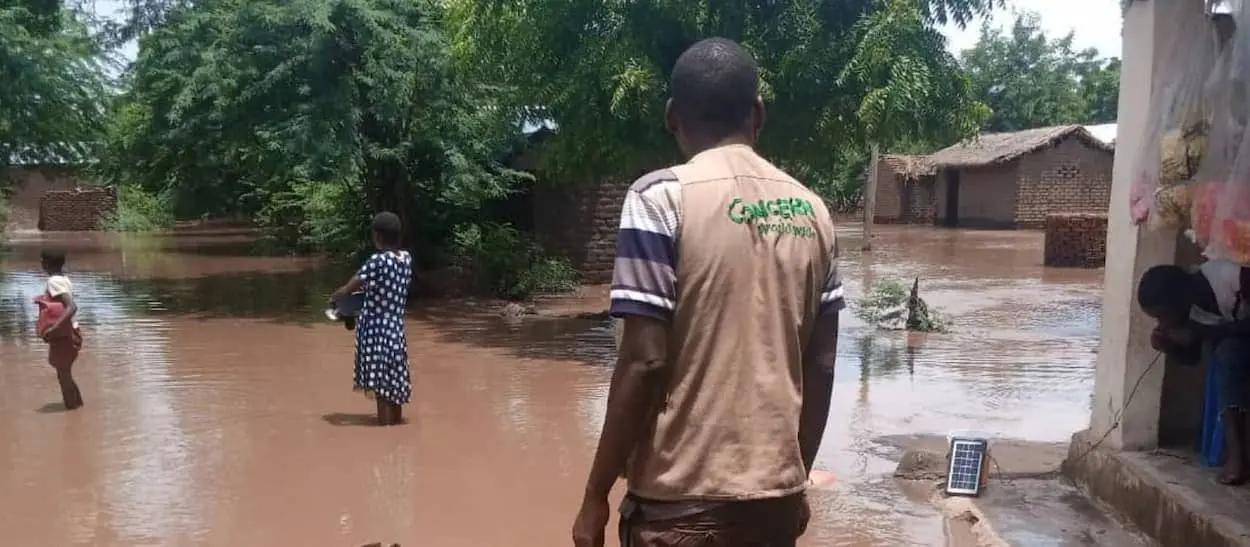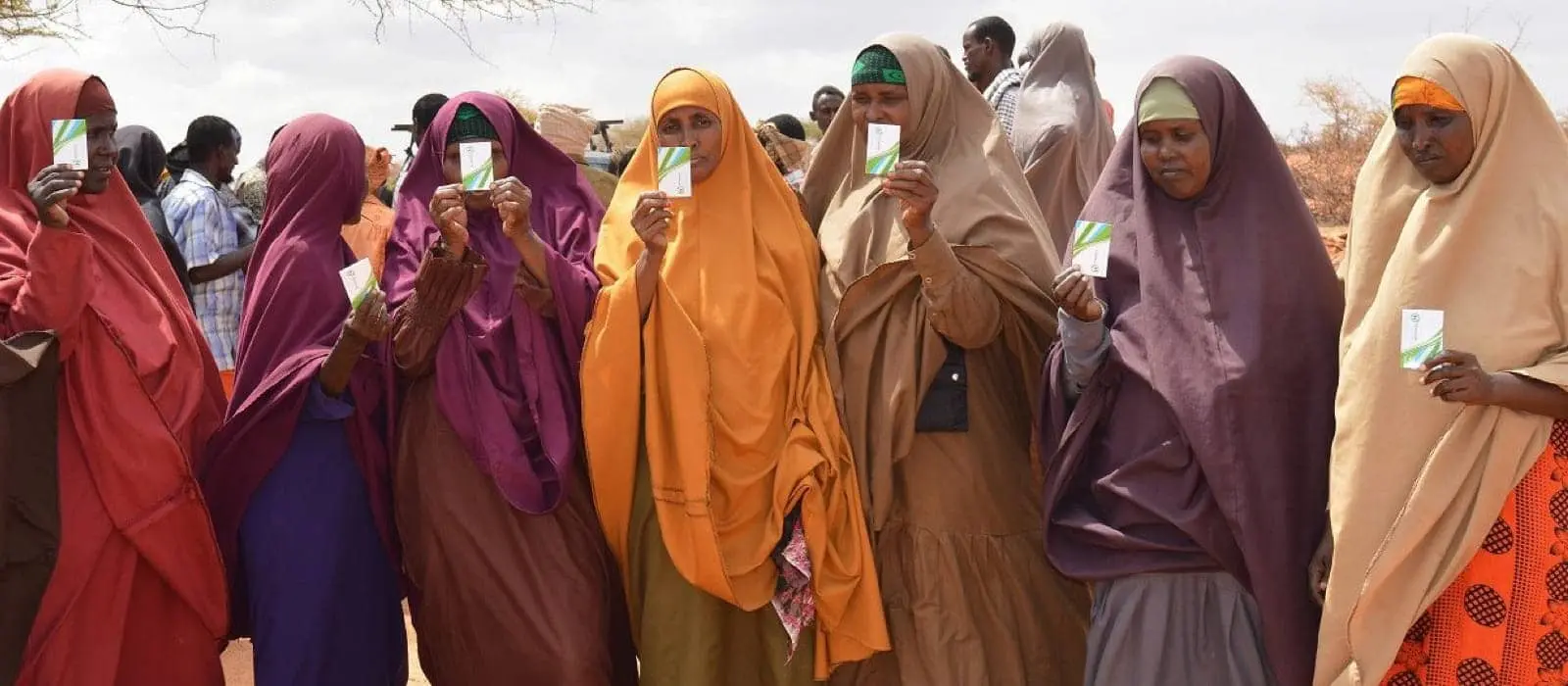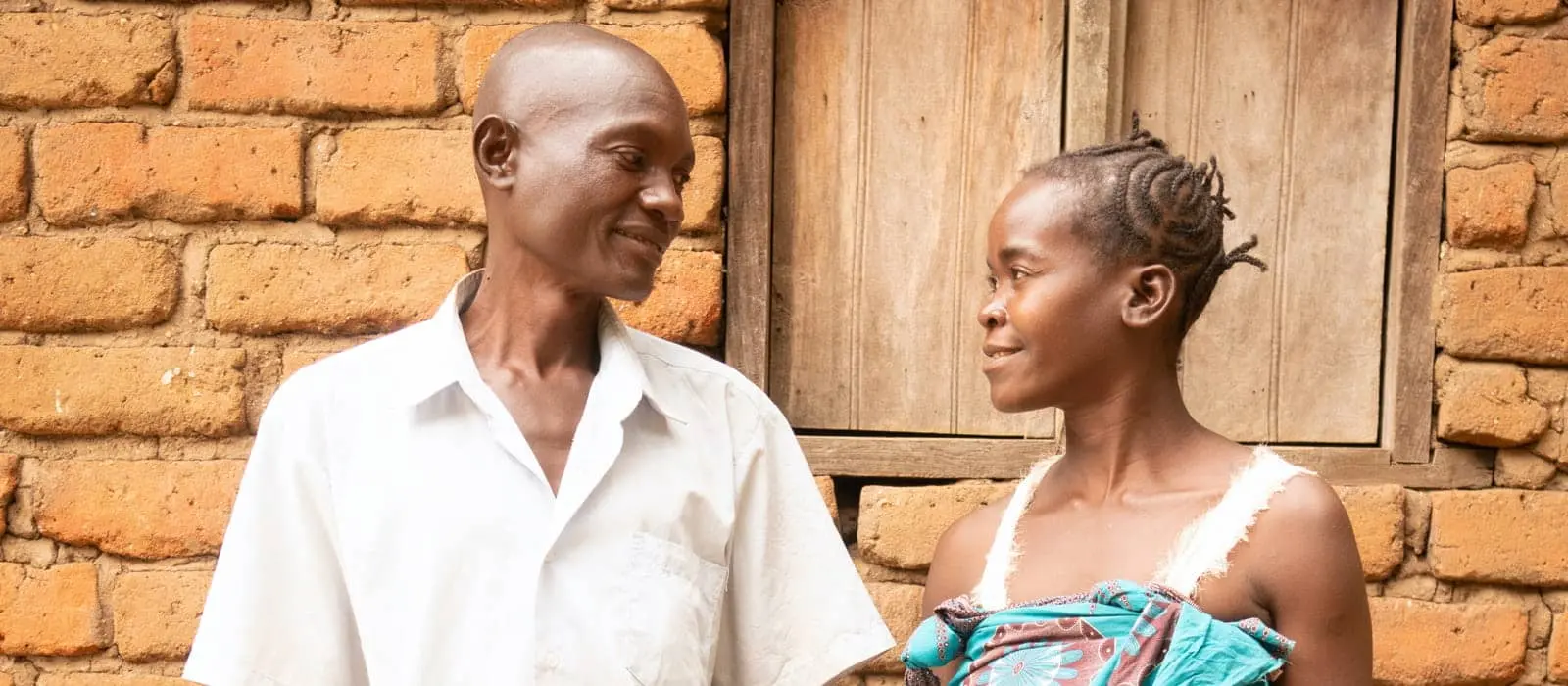PLEASE NOTE: This is a legacy program and no longer active.
The Challenge
Education and gender equality are both basic human rights and key to ending poverty. Yet gender inequality is one of the major barriers to education — and everyone stands to lose from this relationship.
The right to basic education is written in the Constitution of Malawi, and the Malawian government is especially concerned about the levels of gender inequality that persist in the country, especially around education. The government’s latest development strategy (2017-22) placed a large emphasis on girls’ education, and, at the international level, the country has, for more than 40 years, embraced international agreements and conventions surrounding gender equality.
While legislation was there, however, it suffered from substantial gaps in implementation and public resistance based on cultural and traditional practices. Malawi had made progress towards enrolling more girls in primary school (in 2017 at the rate of 1.02 girls to every boy), those gains were countered by high drop-out rates and poor learning outcomes for students, particularly girls.
Starting With Why
Understanding what was leading to this gap between intention and impact was key. School-related gender-based violence (SRGBV) has been documented as widespread throughout the country, which acts as a major barrier to retention as well as a violation of the basic human rights and dignity of girls. Access to justice is limited with cases rarely resulting in sanctions for perpetrators. Few female teachers in Malawi work outside of urban centers, and their absence in rural schools is often reflected in higher levels of classroom violence.
Schools across Malawi are also frequently under-resourced in terms of infrastructure, with many schools accommodating classes in makeshift classrooms or under a tree in the school yard. Only 26% of schools in 2017 had basic toilets and sanitation — an issue that disproportionately affects girls during their cycles and leaves them more open to other forms of GBV without a safe and private place to take care of their hygiene.

Reaffirming the Right To Learn
Realizing the disproportionate effect school-related gender-based violence had on keeping girls out of school in Malawi, Concern (with funding from Comic Relief) launched Right to Learn in Malawi’s Phalombe District. With local partners Theatre for a Change and the Women’s Legal Resource Centre, the project ran from 2016 to 2019 and worked to increase access to quality education that is free from violence and discrimination, for both boys and girls.
In Phalombe, the project targeted 40,344 children and 726 teachers in 30 schools, as well as 3,000 school committee members (hailing from mothers’ and fathers’ groups, parent-teacher associations, and both child protection and school management committees), as well as 600 Societies Tackling AIDS through Rights (STAR) circle members and 35 district-level stakeholders.
Through Comic Relief’s funding, Right to Learn aimed to address the inequitable gender norms that drive SRGBV and girls’ exclusion from education, the quality of education for the most at-risk girls, and access to justice for survivors of SRGBV. Our key goals were:
- Improved educational outcomes for the most marginalized girls
- Safer and more gender-inclusive learning environment for all provided by schools in Phalombe District
- Stronger and more cohesive school- and community-linked response to SRGBV
- Greater capacity for district-level stakeholders to prevent and respond to GBV in schools and communities
- Greater response and more effective implementation by national-level stakeholders and policymakers of relevant laws and policies to SRGBV cases at district, community, and school level

To Go Far, Go Together
Right to Learn is an example of what can be accomplished when organizations with specific areas of expertise come together for a multi-faceted issue. Knowing that there were classroom behaviors and attitudes that needed to change in order to make SRGBV a thing of the past in Phalombe, we partnered with Theatre for a Change, a national NGO that works to improve the sexual and reproductive health of the most vulnerable and marginalized groups in Malawi. In the classroom, they brought innovative and engaging activities to students to teach girls how to assert their rights, and teach boys about appropriate behavior and gender equality.
Theatre for a Change also trained one female and one male teacher in each school as Agents of Change, to uphold practices and behaviors that prevented SRGBV and be a resource for students who experience SRGBV. The organization also ran Community Listening Clubs, where parents had an opportunity to engage with the topics of sexual health and SRGBV, and conducted positive discipline training with all 726 teachers.
"When you are dramatizing, the message is lighter. They don't take it like you are imposing [a message on them]."
Because many victims of SRGBV are discouraged from seeking justice, our other partner was the Women’s Legal Resources Centre, which works towards the progressive elimination of GBV as well as promoting women’s and sexual reproductive health rights. WLRC provided legal assistance, led training sessions on human rights and gender, and provided capacity-building for community members to address practices and beliefs that threatened gender equality, including training paralegals and psycho-social counselors.

Together, these classroom and community-based programs reinforced each other, doing more than just shifting attitudes around gender equality and SRGBV. As an increasing body of research shows, there is a correlation between high levels of violence in schools and poor learning outcomes. Identifying girls who were struggling with literacy (either due to SRGBV or otherwise), we set up literacy clubs where they could receive more tailored support from teachers, and each other.
"[A project may] save girls from GBV, but when they go back to school, they can't read. They think 'I'm big, but I can't read,' so they just drop out."
High Marks For Teamwork
At the individual level, Right to Learn encouraged better attendance, improved girls’ confidence in classroom participation, and contributed to overall improved performance in exams.
At the school level, the project raised awareness for children of how to report violence, and for teachers on how to spot violence. It also reduced the impunity that abusive teachers enjoyed before the project, and added more accountability with teachers who served as Agents of Change. We also worked with participating schools to improve hygiene and sanitary resources for girls who were of menstruating age so that they could go to school every week of the month.
"It has made us to be active participants in our lives...that we should not be shy to do those things."
While there remains work to be done on the national policy side, the children who participated in Right to Learn were noticeably more vocal and quicker to engage with the questions at the end of the project than they had been at the beginning, and demonstrated assertiveness and a deep engagement with issues relating to SRGBV and school safety.
Quality of Results
Literacy club members increased from 39% reading fluency to 82% throughout the project. In 2019, Phalombe scored as the top district in Malawi in terms of the number of children selected to attend secondary school. Of the top 10 primary schools in the area, half were Right to Learn participants.
"From 2017 to 2018, Phalombe was leading in performance of learners; number one in the whole country. In our schools there was peace, learners were learning successfully. The majority who have done better are girls."
By encouraging better attendance and improving girls’ confidence to participate actively in class and boys’ confidence to encourage and support their classmates, exam performances improved, especially for the most marginalized girls.
Your Support
Your tax-deductible gift makes you part of a vital community that enables us to reach 1 million children each year with quality education programs that have the power to transform their lives. For good.




